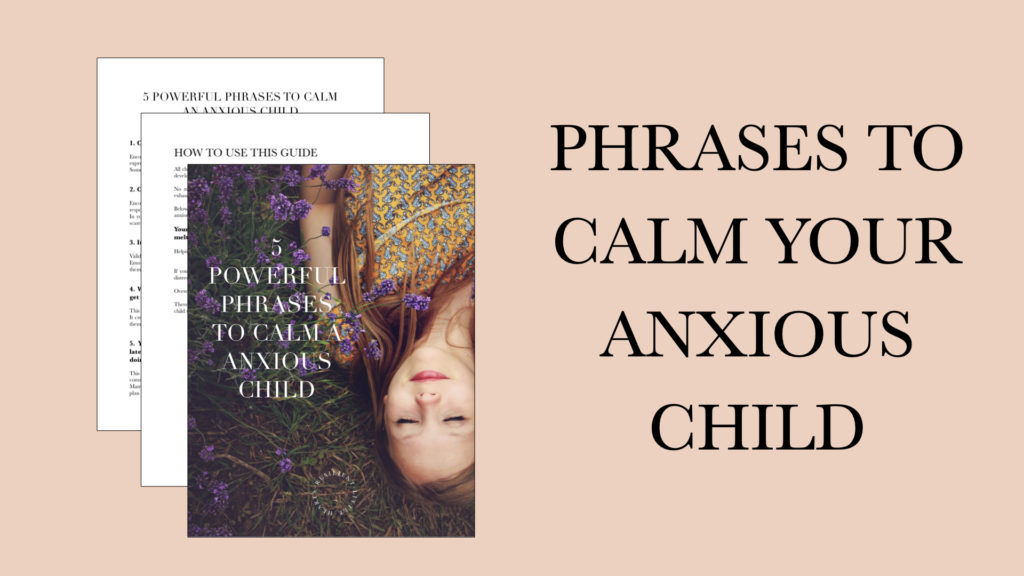3 Practical Ways to Support your Child with Anxiety
One of the challenges that many children are facing today is not an external battle, but an internal battle with anxiety.
10% of children have a diagnosed anxiety disorder, with up to 40% sharing that they regularly experience feelings of anxiety.
Research suggests that some children have a genetic and neurobiological predisposition to anxiety, & that the interaction of environmental factors often act as a trigger for it.
This means that your child’s anxiety isn’t necessarily something you have caused. There are just some children that seem to be more susceptible to developing anxiety.
The children that are often more susceptible are:
- those with a highly sensitive personality temperament (HSP)
- children with autism spectrum disorder (ASD), sensory processing disorder (SPD), attention deficit hyperactivity disorder (ADHD), obsessive compulsive disorder (OCD), or learning difficulties
- first born children (particularly if they are a girl)
- children who are perfectionists
Once you realize that your child might be struggling with some anxiety, it’s important not to run into guilt-ridden thinking about something you “should” have done differently.
No one is parenting perfectly. What’s most important is not our perfection, but our responsiveness…
Once we realize our child is struggling with anxiety, our response is to be a coach, support & a positive influence.
3 Practical Ways To Help Your Child With Anxiety…
1. Relax the environment
Anxiety is often triggered in pressured or stressful environments.
This can be from sensory overload (too much noise, light or activities); or the pressure of schooling or sports performance; or when our home environment or parenting style is chronically over-controlling.
Once you notice that your child is struggling with anxiety, take an inventory of what environmental factors may be aggravating the situation, & create some space.
2. Name their worries
Naming emotions is one of the most proven ways to reduce our physiological stress and help our body return to calm.
One of the greatest gifts you can give your anxious child is to hold space for them to express their feelings, & name their emotions.
3. Coach them to be brave
The only way to overcome fear is to face it. If we consistently run away from what is scaring us, anxiety only grows.
If we try to ‘save’ our children, or allow them to consistently avoid what they’re anxious about, it not only their heightens anxiety over time, it also communicates to them that they aren’t strong enough to overcome it.
But we want them to know that they can do hard things!
We don’t want them to run from anxiety, we want them to fight it back. We can coach them to be brave by showing them that we also do things scared, by being with them as they do something scary, or encouraging them when they take a small step towards something scary.
Sometimes our child may need extra support in order to fight the anxiety (such as therapy, or social skills training, or sensory decompression). If you are concerned that your child may need individual support, please reach out to a licensed mental health professional.











